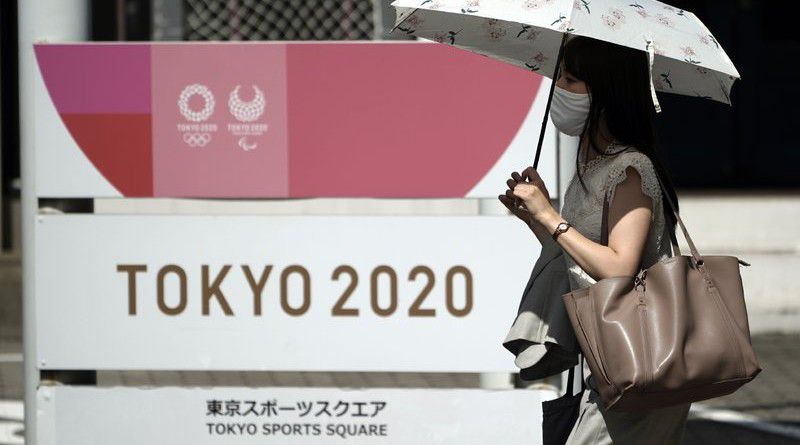TOKYO — A vaccine is not a requirement for holding next year’s postponed Olympics and Paralympics, the CEO of the Tokyo Games said Friday.
What You Need To Know
- First of several high-level meetings dealing with the COVID-19 pandemic as Tokyo tries to figure out if it can hold the games
- Task force meetings over the next several months will deal with how to provide a safe environment for athletes, spectators
- Japan has already invested billions, and the delay is likely to cost billions more
- Poll last month of almost 13,000 Japanese companies showed 53.6 percent want the games canceled or postponed
Toshiro Muto was speaking after a task force meeting with government officials, disease experts and Japanese Olympic officials. It’s the first of several high-level meetings dealing with the COVID-19 pandemic as Tokyo tries to figure out if it can hold the games.
“It’s not a prerequisite,” Muto said of the vaccine. “The International Olympic Committee and the WHO already discussed this matter. It’s not a condition for the delivery of the Tokyo 2020 Games. A vaccine is not a requirement. Of course, if vaccines are developed we’ll really appreciate it. And for Tokyo 2020 this will be great. But if you ask me if that’s a condition — it’s not a condition.”
The task force meetings over the next several months will deal with issue like getting athletes into Japan, COVID-19 testing, measures to keep venues safe, anti-virus measures at the Athletes’ Village, immigration issues and the status of fans.
A statement outlining the schedule of five meetings said an “interim summary is planned by approximately the end of 2020.”
“As far as spectators, we don’t have any conditions yet, but we’d like to avoid no spectators,” Muto said.
Japan is facing a major challenge, with the public skeptical the Olympics can take place — or should take place. Japan has already invested billions, and the delay is likely to cost billions more.
A poll last month of almost 13,000 Japanese companies showed 53.6 percent want the games canceled or postponed again. The IOC has said if the Olympics can’t happen in 2021, they will be canceled.
A poll in July found that two-thirds of the public also favors another postponement or cancellation.
“While living with the coronavirus, we need to make sure that athletes can perform at their best and audiences enjoy the games safely,” deputy chief cabinet secretary Kasuhiro Sugita said at the meeting. “To achieve that, we will adjust border controls, testing and medical systems and the operations of the venues.”
Japan has reported about 1,300 deaths from COVID-19 but new cases in Tokyo have fallen in the last few weeks. The challenge will be bringing in athletes representing 206 nations and territories where COVID-19 conditions are vastly different.



